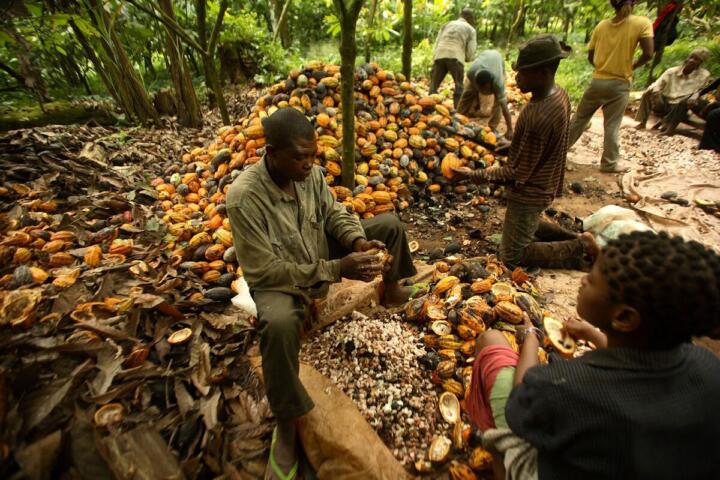The price of cocoa has reached a significant milestone, increasing to N15 million per tonne, according to the Cocoa Research Institute of Nigeria (CRIN). This development marks a substantial rise in the value of the commodity, which has implications for both local farmers and the national economy.
Factors Contributing to the Price Increase
CRIN attributed the rise in cocoa prices to a combination of local and global market dynamics. These include increased demand for cocoa and its by-products, as well as challenges in the supply chain that have affected the availability of the commodity. Climate change, which has impacted production in key cocoa-growing regions, has also played a role in driving prices upward.
Impact on Farmers and Industry Stakeholders
For local farmers, the price increase is a welcomed change, offering a potential boost in income and financial stability. However, there are concerns that the higher prices could affect the affordability and accessibility of cocoa products for consumers, particularly in domestic markets. Industry stakeholders are also paying attention to how this trend may influence the competitive landscape, with opportunities for investment and growth in the sector.

Economic Implications
Cocoa is one of Nigeria’s major agricultural exports, contributing significantly to the economy and providing livelihoods for millions of farmers. The rise in cocoa prices could have a positive effect on national revenues, potentially increasing export earnings and strengthening the agricultural sector. However, balancing the benefits to producers with consumer demand and price stability remains essential for sustainable economic growth.
CRIN’s Role and Future Outlook
CRIN has been at the forefront of research and development in the cocoa industry, focusing on improving crop yield, quality, and resistance to diseases. The institute’s work continues to support the growth of the sector, ensuring that farmers are equipped with the knowledge and tools needed to maximize productivity. Looking ahead, CRIN has highlighted the need for policies that support sustainable farming practices, better infrastructure for distribution, and initiatives that address climate change impacts.
Conclusion
The surge in cocoa prices to N15 million per tonne is a significant development for Nigeria’s agricultural sector, reflecting both opportunities and challenges. While it promises better earnings for farmers and potential economic benefits, careful management is needed to ensure that the price increase does not create broader issues related to affordability and market stability.
Support InfoStride News' Credible Journalism: Only credible journalism can guarantee a fair, accountable and transparent society, including democracy and government. It involves a lot of efforts and money. We need your support. Click here to Donate
